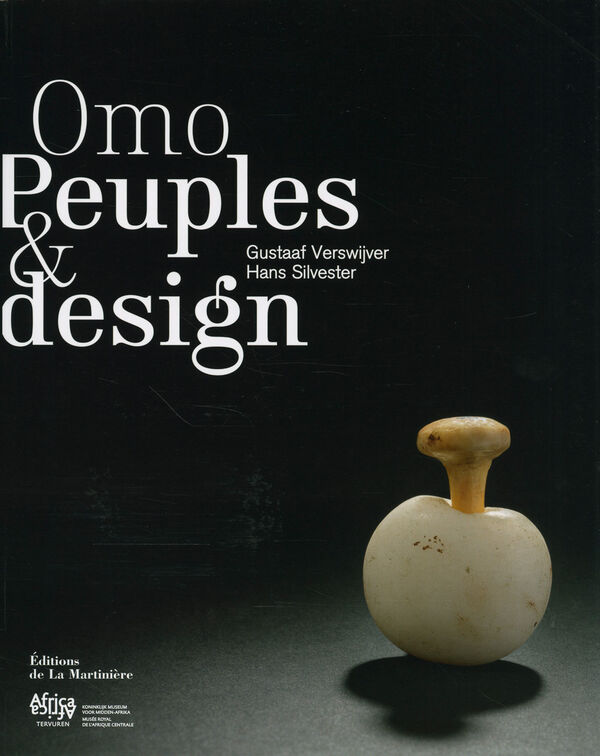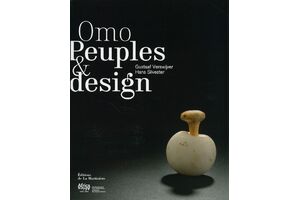Contact
art book cologne GmbH & Co. KG
Deutzer Freiheit 107
50679 Köln
Germany
Opening hours (office and showroom):
Monday to Friday 8 – 17
info@artbookcologne.de
Phone: +49 221 800 80 80
Fax: +49 221 800 80 82
About us
art book cologne, founded by Bernd Detsch in 1997, is a wholesale company and specializes in buying and selling high quality publications in art, art theory, architecture, design, photography, illustrated cultural history and all related subjects internationally. Our team includes specialists in art, culture, music, book trade and media but in spite of our diversity we have one common ground: the enthusiasm for unique art books.
We purchase remaining stocks from museums, publishers and art institutions. We sell these remainders to bookstores, museum shops, and art dealers all over the world.
Omo – Peuples & Design
| Publisher | Éditions de La Martinière |
| Year | 2008 |
| Cover | Paperback with flaps |
| Language | French |
| ISBN | 978-2-7324-3843-6 |
| Pages | 260 |
| Weight | 1728 g |
| More | |
| Author(s) | Gustaaf Verswijver |
| Article ID | art-17727 |
The Omo valley, located in south-western Ethiopia, is on Unesco’s World Cultural Heritage List. An exceptional paleontology site on which several ancestors of the human race were discovered, it is rightly named the “birthplace of humanity”.
The catalogue OMO. People & design was written by Gustaaf Verswijver, curator of the exhibition and is beautifully illustrated. It offers a fresh look at the peoples of the Omo Valley and surrounding regions. It is the first work dedicated to their everyday objects, showcasing their refinement.
In addition, author Gustaaf Verswijver reveals the meaning ascribed to each object by the society that produces and uses it. He also explains social and geopolitical challenges and recent problems confronting these pastoral communities.
Rédigé par Gustaaf Verswijver, le catalogue OMO. Peuples et design est magnifiquement illustré et contient notamment des photographies de Hans Silvester.
Ce catalogue propose un nouveau regard sur les peuples de la vallée de l’Omo et des régions voisines. Pour la première fois, un ouvrage se consacre à leurs objets quotidiens, dont il met en valeur le raffinement.
L’auteur, Gustaaf Verswijver, explique comment chacun de ces objets n’a de sens que lorsqu’il est compris par la société qui les produit et les utilise. Il expose aussi les enjeux sociaux et géopolitiques ainsi que les récents défis auxquels sont confrontées ces communautés pastorales.


